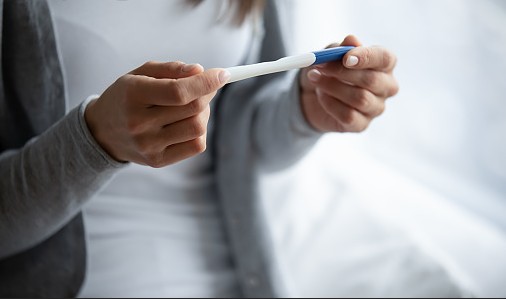
A measure is being promoted to allow sperm donors for fertility treatment to receive the same protection as egg donors.
Rep. Shin Hyun-young of the opposition Democratic Party of Korea proposed the “Bioethics Act Amendment Bill” to that effect on behalf of other lawmakers on Thursday.
According to Shin's research on male infertility treatment over the past five years, based on the National Health Insurance Service, the number of patients increased from 101,996 in 2018 to 112,146 in 2022, recording an increase of 10,514.
The largest increase was in male infertility, including azoospermia and oligospermia, which increased by 7,535 patients from 79,742 in 2018 to 87,277 in 2022. It was followed by 2,565 cases of scrotal varicocele and 597 cases of other specified male reproductive system disorders, such as seminal vesicle stenosis.
"As the number of male infertility patients is increasing, the need for sperm donation is increasing. However, Korea has only protection regulations and payment standards for egg donors. Still, no protection regulations for sperm donors," Rep. Shin said.
Her amendment bill seeks to change the protection of egg donors to that of reproductive cell donors so that sperm donors can receive the same protection as egg donors.
"Establishing regulations to protect sperm donors is the cornerstone of ensuring sperm storage and donation can be safely implemented within the system," Shin said. "As the number of male infertility patients is increasing amid a severe demographic crisis, it can be utilized as a long-term alternative to population decline by ensuring birth opportunities for infertile couples."

